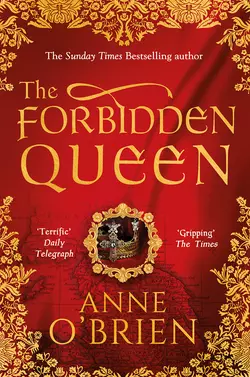The Forbidden Queen

Anne OBrien
Тип: электронная книга
Жанр: Современная зарубежная литература
Язык: на английском языке
Стоимость: 471.37 ₽
Статус: В продаже
Издательство: HarperCollins
Дата публикации: 16.04.2024
Отзывы: Пока нет Добавить отзыв
О книге: The Forbidden Queen, электронная книга автора Anne OBrien на английском языке, в жанре современная зарубежная литература